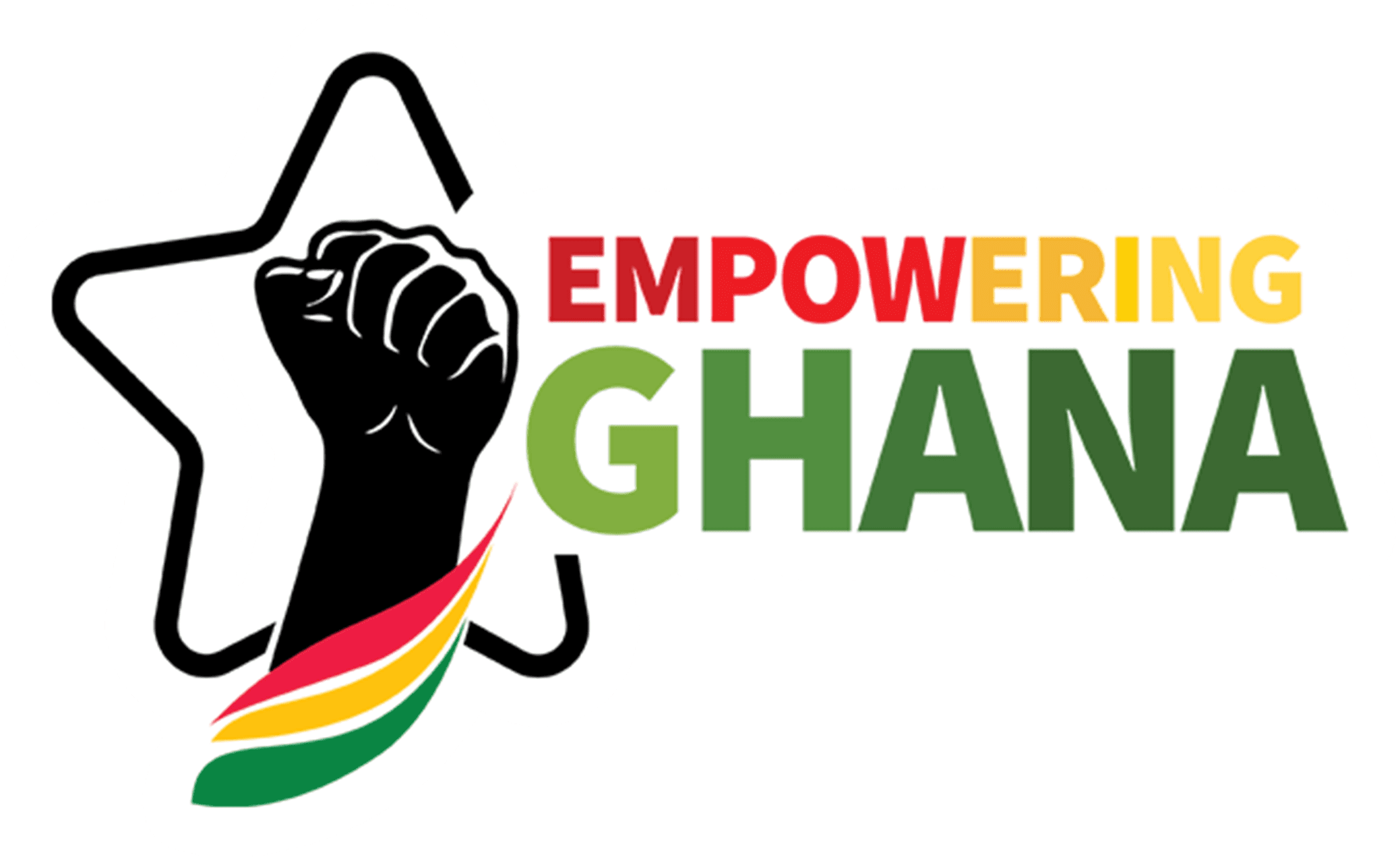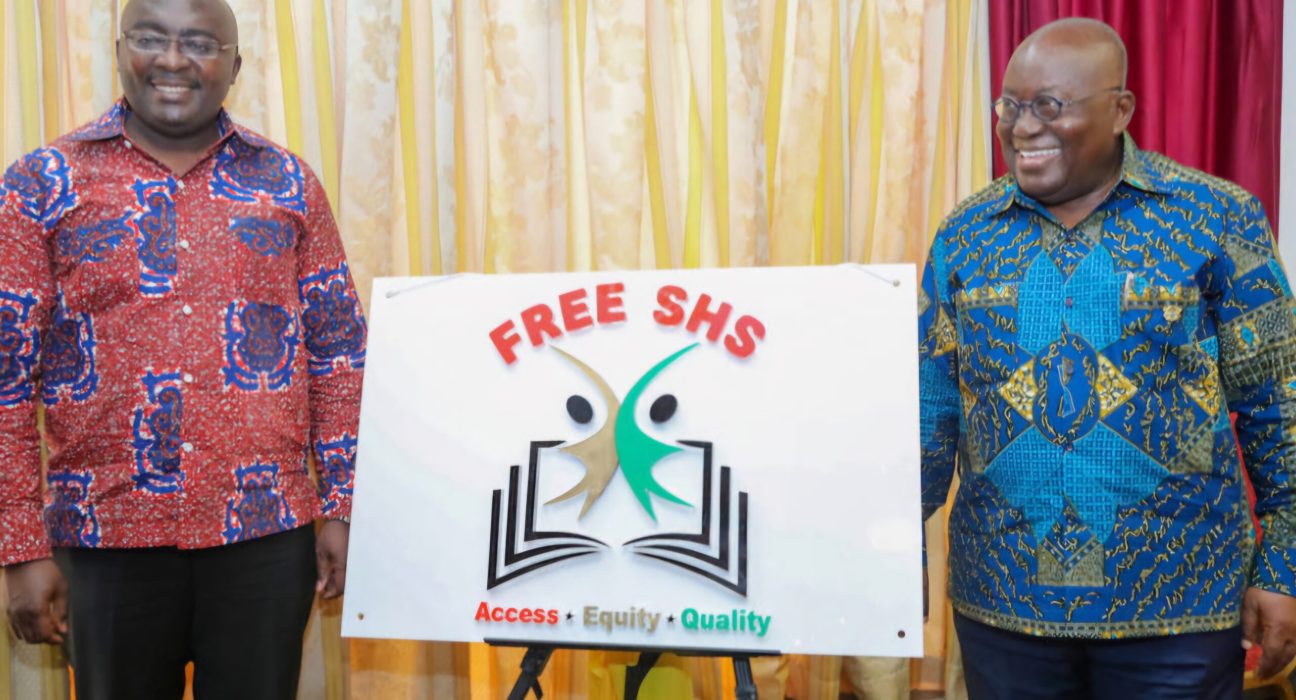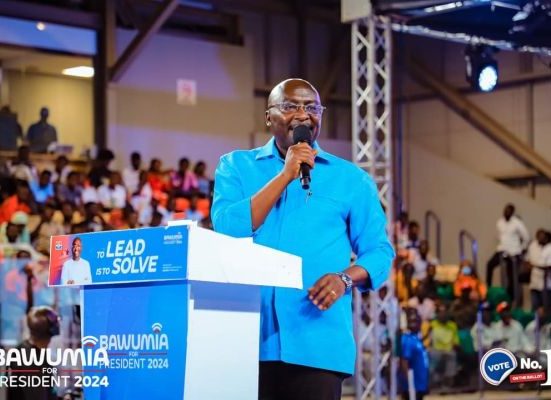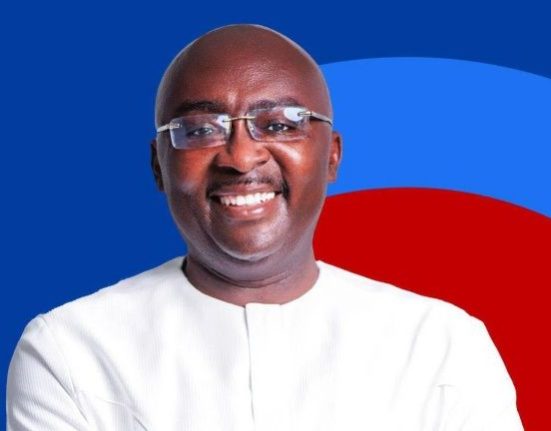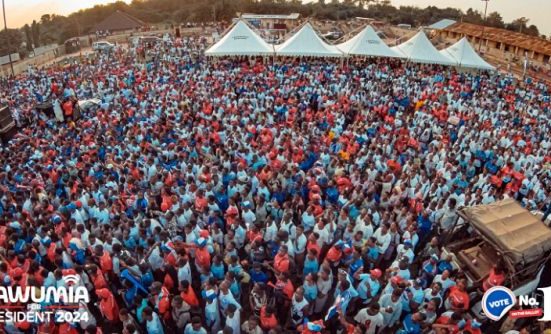The Mo Ibrahim Foundation’s Financing Africa Report has identified Ghana as the second-best nation on the African continent in terms of “Highest Quality Education.”
This assessment aligns with the United Nations (UN) Sustainable Development Goal (SDG 4), which aims to “ensure inclusive and equitable quality education and promote lifelong learning opportunities for all.” Ghana achieved a score of 84.5 on the SDG index, securing the second position, while Tunisia led with a score of 93.1, recognized as the country with the “Highest Quality Education” in Africa.
Following Ghana, Namibia ranked third with a score of 83.7, Mauritius fourth with 83.5, and Togo fifth with 80.1. The subsequent rankings include Cape Verde in sixth place (79.2), Morocco in seventh (78.6), South Africa in eighth (76.6), Eswatini in ninth (74.2), and Kenya in tenth (71.1).
Background
The advancement of education in African nations transcends mere economic achievement; it serves as a catalyst for individual empowerment, health improvement, creativity stimulation, and political stability.
Governments that invest significantly in education are better equipped to thrive in an increasingly knowledge-based global economy. Consequently, it is imperative for any government to promote literacy throughout the regions they oversee, particularly among the youth. Regrettably, this has not been realized in numerous African countries.
The United Nations Educational, Scientific, and Cultural Organization (UNESCO) projects an annual funding shortfall of $97 billion for education in low- and lower-middle-income countries from 2023 to 2030.
On average, African nations generate approximately $70 billion each year. This concerning figure underscores the importance of educational development as one of the United Nations’ sustainable development goals.
Designated as Sustainable Development Goal 4 (SDG4), this objective seeks to “ensure inclusive and equitable quality education and promote lifelong learning opportunities for all.”
Designated as Sustainable Development Goal 4 (SDG4), this objective seeks to “ensure inclusive and equitable quality education and promote lifelong learning opportunities for all.”
The 17 Sustainable Development Goals (SDGs) established by the United Nations are intended to tackle a diverse array of environmental and socioeconomic challenges by the year 2030.
Although no African nation can claim full attainment of the UN’s SDG4, several countries are remarkably close, as highlighted in the latest Financing Africa report published by the Mo Ibrahim Foundation.
The SDG4 ratings of these nations suggest that they are already comparable to some of the foremost educational systems globally.
| Rank | Country | SDG4 index scores |
|---|---|---|
| 1. | Tunisia | 93.1 |
| 2. | Ghana | 84.5 |
| 3. | Namibia | 83.7 |
| 4. | Mauritius | 83.5 |
| 5. | Togo | 80.1 |
| 6. | Cape Verde | 79.2 |
| 7. | Morocco | 78.6 |
| 8. | South Africa | 76.6 |
| 9. | Eswatini | 74.2 |
| 10. | Kenya | 71.1 |
